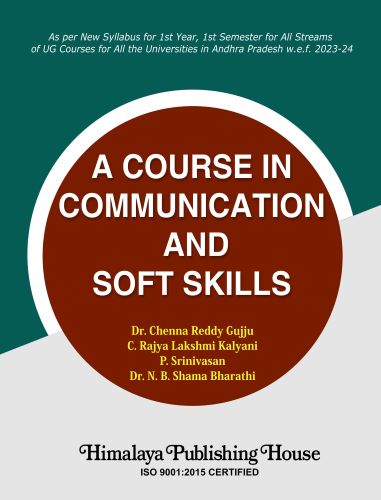Communication skills have a great impact on the success of an individual. Be it career or relationships, the harsh truth in today’s global scene is that the future of any person is affected strongly by his communication skills in English. The four major skills of language – learning, listening, speaking, reading, and writing provide the right key to success.
Teaching of English language while ensuring focus on all these four skills provides a platform for the learners to hone their proficiency in this language well. An ideal programme for teaching-learning of English as a second language would involve content for all the abovementioned four skills. Yet, it is observed that somehow the reading and writing skills are given more importance over the other two skills.
Ideally, listening and speaking should take prominence over reading and writing when any language is being learnt. The benefits of naturally acquiring language can be enhanced phenomenally when the opportunity to listen to and speak in the target language is accelerated. Content designed specifically for providing ample teaching material is important for this purpose. Reading and writing are skills normally addressed amply in a regular and an average classroom scenario. Yet, when taught with a teaching-learning emphasis on inferring the meaning of the context, it actually coaches the learners to deduce meaning of any unseen text they may face in the future whether it is in audio or in the written form.
Writing skills may be improved through giving exercises on composition and creative writing. Learners should be encouraged to arrange their thoughts on a topic or composition. The importance of sequencing their thought groups should be shown to them to bring cohesiveness and coherence in their writing.
With these four skills addressed equally while learning English, the learners can be assured of having good communication skills, a very great necessity in today’s competitive world.
Contents –
I. LISTENING SKILLS
A. Importance of Listening
B. Types of Listening
C. Barriers to Listening
D. Effective Listening
II. PHONETICS
A. Sounds of English: Vowels and Consonants
B. Syllable
C. WordStress
D. Intonation
III. GRAMMAR
A. Concord
B. Articles
C. Tenses (Present/Past/Future)
D. Prepositions
E. Question Tags
IV. SPEAKING SKILLS
A. Greetings & Introduction
B. Asking and Giving Information
C. Yes, We Can Barack Obama
D. Agreeing/Disagreeing
E. A Leader Should Know How to Manage Failure Dr. A.P.J. Abdul Kalam
V. SOFT SKILLS
A. SWOC
B. Attitude
C. Emotional Intelligence
D. Netiquette
E. Interpersonal Skills






